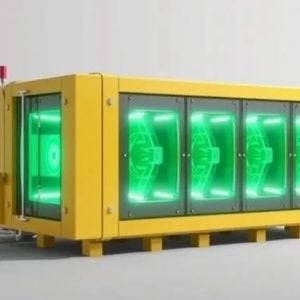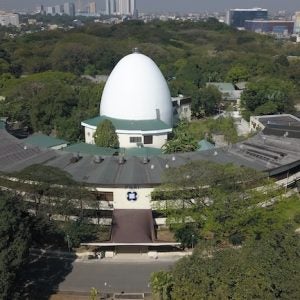/cloudfront-us-east-2.images.arcpublishing.com/reuters/I6YSUBQVBBPSNHCYKXOFUDLHUA.jpg) Belgium and French power utility Engie have agreed to extend the life of unit 4 at the Doel NPP and unit 3 at the Tihange NPP by 10 years. This “Heads of Terms and Commencement of LTO Studies Agreement” paves the way for the conclusion of more detailed agreements in the upcoming months. It provides for the immediate start of environmental and technical studies before formal authorisations related to the extension are issued. The two parties in July 2022 had signed a "non-binding letter of intent" concerning the life extension. The two 1.03 GWe reactors have been in service since 1985.
Belgium and French power utility Engie have agreed to extend the life of unit 4 at the Doel NPP and unit 3 at the Tihange NPP by 10 years. This “Heads of Terms and Commencement of LTO Studies Agreement” paves the way for the conclusion of more detailed agreements in the upcoming months. It provides for the immediate start of environmental and technical studies before formal authorisations related to the extension are issued. The two parties in July 2022 had signed a "non-binding letter of intent" concerning the life extension. The two 1.03 GWe reactors have been in service since 1985.
According to Belgian Energy Minister Tinne Van der Straeten, a joint company with Engie and the Belgian state was equal shareholders will operate the reactors. Doel 4 and Tihange 3, which are the newest of Belgium's seven reactors, were due to close in 2025. However, they will now restart in November 2026 after necessary upgrading work. Belgian Prime Minister Alexander De Croo told a news conference that the extension of the two reactors “is crucial to guarantee our energy security”.
Belgium had planned to exit nuclear power entirely in 2025, but Following Russia's special military operation in Ukraine, the government reconsidered plans to phase out nuclear power by 2025, which would have required more dependence on natural gas. Belgium's electricity network operator had warned of significant energy shortages in the winter of 2026-2027 without a nuclear extension.
De Croo said while there was an agreement in principle on the extension, the details needed to be finalised and would be discussed with Engie in coming months. He added that the price of nuclear electricity would be based on a UK-style "Contract for Difference" regulated-asset-based scheme. Discussions will also cover shared responsibility for nuclear waste management costs, which would be capped for Engie while the eventual dismantling of the reactors will remain Engie's responsibility, De Croo said. “We made an important decision… We are taking our energy fate back into our own hands,” he stated.
Brussels-based trade association for the European nuclear energy industry, nucleareurope, welcomed the agreement but warned that extension of the two reactors for just 10 years, rather than 20, would not be enough to ensure a stable supply of low-carbon electricity at an affordable cost. “The goal now is to ensure that the two reactors will be reconnected to the grid by November 2026,” nucleareurope said.
Image: Doel nuclear power plant (courtesy of Reuters/Yves Herman)






